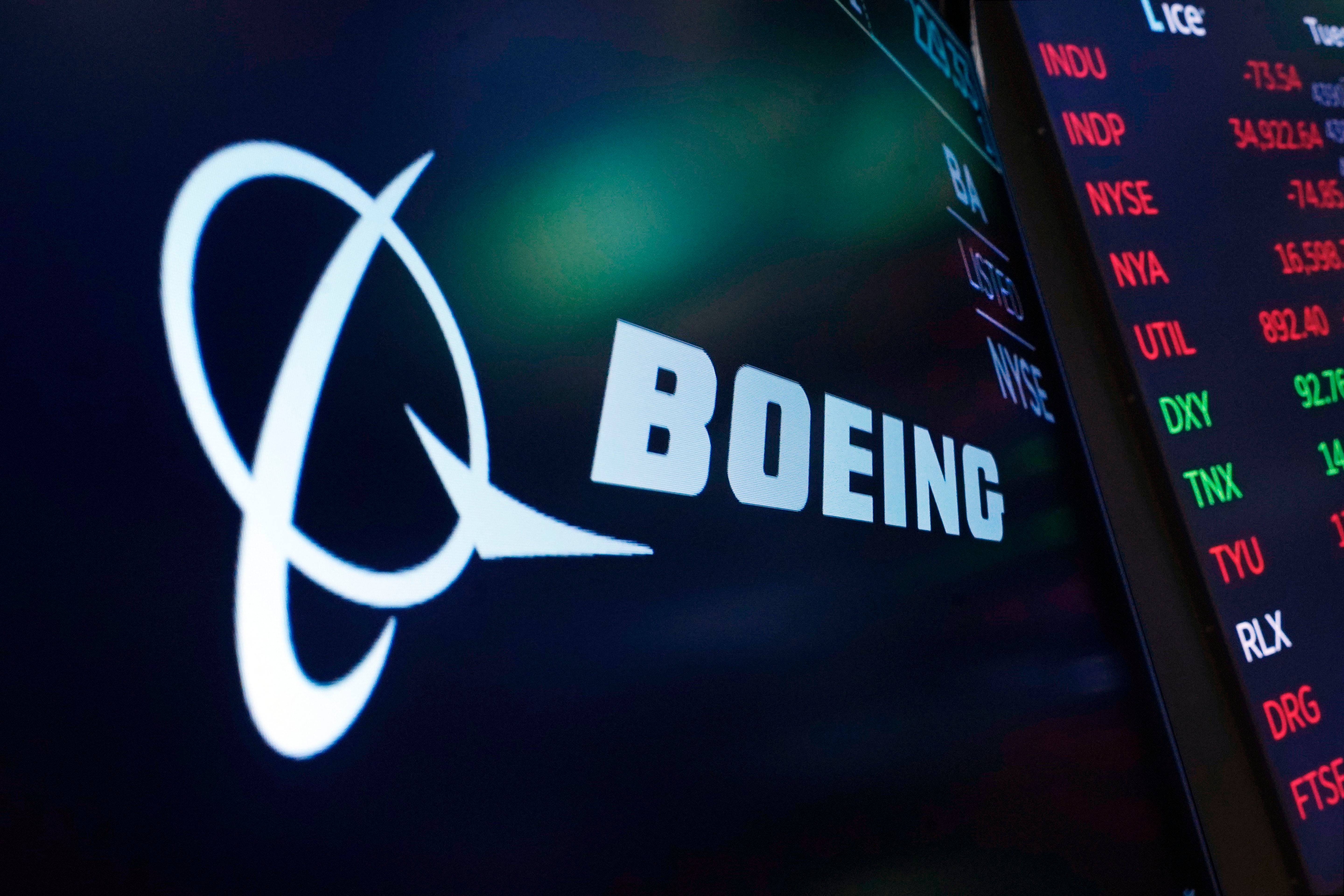FAA says future planes will need to reduce carbon emissions
The Biden administration is proposing to require that future airplanes produce lower levels of greenhouse gas emissions before they can be certified

The Biden administration proposed Wednesday that future planes produce lower levels of greenhouse gas emissions before they can be certified by federal regulators.
The Federal Aviation Administration proposal would increase fuel-efficiency standards for jets and large turboprop and propeller-driven planes that it has not yet certified and planes built after Jan. 1, 2028.
FAA said the rule, if made final, would cover new large airliners from both Boeing and Airbus, plus various business jets and other planes. The FAA said the rule would bring the United States in line with carbon dioxide emission standards set by the United Nation's aviation organization.
The rule would not cover planes that are already flying.
Planes are a small but growing contributor to greenhouse gas emissions that are tied to climate change. The FAA said civilian planes caused 3% of U.S. emissions before the pandemic.
Boeing and Airbus said they support efforts to reduce carbon emissions. Boeing praised the FAA's approach of considering a variety of measures — aerodynamics, engine technology, and lighter weight — to improve efficiency.
Environmentalists have spent years pushing the government to regulate limits on heat-trapping emissions from planes.
In 2015, the Environmental Protection Agency determined that aircraft emissions posed a health threat, a step that required EPA to draft rules. In response, in 2020 the Trump administration announced a proposal that critics said would do little more than approve steps the aviation industry already supported to reduce fuel burn by new planes starting in 2028.
Last year, President Joe Biden touted an agreement with the airline industry to cut aircraft emissions 20% by the end of the decade and try to replace jet fuel with cleaner alternatives by 2050. Climate experts said the administration’s approach, which assumed a rapid, exponential increase in the production of sustainable fuel, was unrealistic.
Bookmark popover
Removed from bookmarks